document.documentElement.className = 'js';
let jqueryParams=[],jQuery=function(r){return jqueryParams=[...jqueryParams,r],jQuery},$=function(r){return jqueryParams=[...jqueryParams,r],$};window.jQuery=jQuery,window.$=jQuery;let customHeadScripts=!1;jQuery.fn=jQuery.prototype={},$.fn=jQuery.prototype={},jQuery.noConflict=function(r){if(window.jQuery)return jQuery=window.jQuery,$=window.jQuery,customHeadScripts=!0,jQuery.noConflict},jQuery.ready=function(r){jqueryParams=[...jqueryParams,r]},$.ready=function(r){jqueryParams=[...jqueryParams,r]},jQuery.load=function(r){jqueryParams=[...jqueryParams,r]},$.load=function(r){jqueryParams=[...jqueryParams,r]},jQuery.fn.ready=function(r){jqueryParams=[...jqueryParams,r]},$.fn.ready=function(r){jqueryParams=[...jqueryParams,r]};
var breeze_prefetch = {"local_url":"https:\/\/thehomoculture.com","ignore_remote_prefetch":"1","ignore_list":["\/wp-admin\/"]};
https://thehomoculture.b-cdn.net/wp-content/plugins/breeze/assets/js/js-front-end/breeze-prefetch-links.min.js
var cnArgs = {"ajaxUrl":"https:\/\/thehomoculture.com\/wp-admin\/admin-ajax.php","nonce":"a3a10fedfb","hideEffect":"fade","position":"bottom","onScroll":false,"onScrollOffset":100,"onClick":false,"cookieName":"cookie_notice_accepted","cookieTime":2592000,"cookieTimeRejected":2592000,"globalCookie":false,"redirection":false,"cache":true,"revokeCookies":false,"revokeCookiesOpt":"automatic"};
https://thehomoculture.b-cdn.net/wp-content/plugins/cookie-notice/js/front.min.js
(function() {
window.__insp = window.__insp || [];
__insp.push(['wid', 881888173]);
var ldinsp = function(){
if(typeof window.__inspld != "undefined") return; window.__inspld = 1; var insp = document.createElement('script'); insp.type = 'text/javascript'; insp.async = true; insp.id = "inspsync"; insp.src = ('https:' == document.location.protocol ? 'https' : 'http') + '://cdn.inspectlet.com/inspectlet.js?wid=881888173&r=' + Math.floor(new Date().getTime()/3600000); var x = document.getElementsByTagName('script')[0]; x.parentNode.insertBefore(insp, x); };
setTimeout(ldinsp, 0);
})();
How The Chinese Smile Through Oppression with Secret LGBTQ Friendships
For most people living in the western world, it’s impossible to understand a life where we cannot express who we are without legal repercussions. Sure, we’ve probably experienced some sort of hardship where we felt we could not express who we are as a person. We’ve all known the fear of telling someone about ourselves or coming out of the closet. We’ve all kept our secret in places where we feel it will be unsafe.
But none of this compares to living under the Chinese Communist Party’s iron clad regime that’s hell bent on making us seem as if we do not exist. In China, people must live a covert life if they’re a member of our community. However, understanding the lives of the LGBT community in China doesn’t require a trip to the country.
We want to be clear, that traveling to China as an LGBTQ individual is safe. If you are looking to learn about the vast culture the country has to offer, it should remain on your bucket list.
After all, homosexuality is decriminalized. But the country’s LGBT youth does have its hardships that are unique to the current president and the community living under its regime.
In this article, we will clearly show you how China’s youth is dealing with these pressures, and what they’re doing to live a happy life, even with a partner, in a country where gay marriage is illegal and heavily frowned upon, conversion therapy is illegal, and gay people are indefinitely banned from donating blood, even for a family member.
HIV Discrimination in China helps us understand how gay life in China may be
If a Chinese LGBTQ person lives in one of the major cities, not to be confused with a major city in the west, because in China a major City will have at least 20 million residents, life will be easier. The way people live is much more progressive and they’re much more receptive and accepting of our community. These cities are known as first tier cities in China. If a city is called a tier one city it means the resident population will be at least 28 million, more than double the size of London or New York’s population, and the city will be highly urbanized, usually with a developed metro system.
As with any major city in the west, when a population is larger, the habitants are likely to be more receptive to change and progressive points of view. So, people who live in these areas will not need to hide their sexuality as much as people living in second or third tier cities.
To help you understand the progressive differences between a first, second and third tier city in China, we can look at Chinese law regarding residence. People who are not Chinese can live in a tier one city even if they have been diagnosed with HIV and can receive work permits for any job they choose, although it is not guaranteed. However, people who wish to move to a second or third tier city are often denied these work permits. It’s because entry to China for a short-term stay does not require an HIV test but staying longer than six months requires and HIV test and a negative result.
Now, if we look at these regulations a bit closer, China failing to allow HIV positive people to live in the country paints a clear picture of what life may be like for Chinese LGBTQ people.
Some may argue that this does not clearly show the country has a bias against our community, but let’s continue with what we know about gay people’s lives inside China.
Gay rights in China regress
Under the ruling of the Chinese Communist Party (CCP) under the leadership of president Xi Jin Ping, LGBT rights are regressing. Below is a list of things that have occurred in the country to regress gay rights and oppress our population.
Under his lead and the social norms of the Chinese, people will often marry someone of the opposite sex and hide their sexuality throughout their entire life. Living as someone we aren’t has devastating effects on people’s mental health.
Not to mention, the following events that have taken place since 1997.
1997 – Homosexuality is decriminalized in China
2000 – Danlan, China’s first gay online Chatroom created
2001 – Homosexuality removed as a mental disorder
2003 – Same sex marriage proposed for legalization
2009 – First ever Shanghai Pride week
2016 – Homosexuality banned on public and private television
2020 – Shanghai Pride week cancelled and deemed socially unacceptable
2021 – During this year, many social and legal reforms took place, we outline them below.
- Feb. – School gym classes are required to “cultivate masculinity.”
- June – Soccer Star Yi-ling comes out, but all of her messages online are censored.
- July – LGBTQ social media rights groups are closed on Chinese university campuses
- Aug. – Video games are required to remove effeminate characters from their story lines.
- Sept. – Online media is required to censor photos and pictures of effeminate men or those deemed to feminine for the public eye.
How are Chinese LGBT people dealing with this?
Despite all the issues that the Chinese LGBT people face, we are a relentless worldwide community when it comes to our rights. People cannot keep us down out in the shadows because we are resilient and will always find a way to live how we would like.
Let’s think about every right that being married affords us. For starters, imagine your partner were in a horrible accident. If you are married, you can tend to them. As their legally recognized partner you have the right to be in contact with them, and often you can overrule their parents when making a decision about their health.
Chinese people do not have their right, but they have another form of power they can exercise. And many Chinese people are actively using it. The new form of recognition is called yiding jianhu.
The new regulation means that a fully cognizant adult can legally provide guardianship over them if something bad were to happen to them. Since the new regulation, a small but growing number of Chinese LGBT couples are giving each other the right to their personal care and belongings.
Some cities in China, mainly those second and third tier cities mentioned above, are rejecting applications based on homosexuality. In the eyes of the law gay rights are nonexistent in China. Beijing and Nanjing, two of the largest tier one cities in the country are approving same sex marriage guardianships with increasing success. And many agencies in the country are actively advertising to help people process and receive approval of their guardianship.
Let’s remember, legal guardianship is not the same as marriage. It is merely a representation of a couple’s wishes in case of an emergency.
Do you think it will improve the lives of China’s sexual minorities? Or do you think it will cause uphill legal battles for people that enter these guardianships?
Let us know your comments below, and if any of the information presented here shocks you about China.
Author
Sean Kivi holds a master's degree from the University of Nottingham in translation studies from Spanish to English. He specializes in writing about gay culture and its influence on discourse. Sean speaks Spanish fluently and focuses on translating gay-themed literature to English and analyzing the discourse to understand how our culture is universal yet distinct in countries worldwide. He has translated for authors in Mexico and completed case studies related to machismo and its influences on gay culture in Latin America.
We use cookies to ensure that we give you the best experience on our website. If you continue to use this site we will assume that you are happy with it.OkNoPrivacy policy document.getElementById( "ak_js_1" ).setAttribute( "value", ( new Date() ).getTime() );
( function ( body ) {
'use strict';
body.className = body.className.replace( /\btribe-no-js\b/, 'tribe-js' );
} )( document.body );
var et_link_options_data = [{"class":"et_pb_blurb_1_tb_body","url":"https:\/\/thehomoculture.com\/category\/travel-guides\/","target":"_self"},{"class":"et_pb_blurb_2_tb_body","url":"https:\/\/thehomoculture.com\/category\/travel-tips\/","target":"_self"},{"class":"et_pb_blurb_4_tb_body","url":"https:\/\/thehomoculture.com\/category\/gay-culture\/celebrate-pride\/","target":"_self"},{"class":"et_pb_blurb_5_tb_body","url":"https:\/\/thehomoculture.com\/friends-of-homoculture\/","target":"_self"}];
var tribe_l10n_datatables = {"aria":{"sort_ascending":": activate to sort column ascending","sort_descending":": activate to sort column descending"},"length_menu":"Show _MENU_ entries","empty_table":"No data available in table","info":"Showing _START_ to _END_ of _TOTAL_ entries","info_empty":"Showing 0 to 0 of 0 entries","info_filtered":"(filtered from _MAX_ total entries)","zero_records":"No matching records found","search":"Search:","all_selected_text":"All items on this page were selected. ","select_all_link":"Select all pages","clear_selection":"Clear Selection.","pagination":{"all":"All","next":"Next","previous":"Previous"},"select":{"rows":{"0":"","_":": Selected %d rows","1":": Selected 1 row"}},"datepicker":{"dayNames":["Sunday","Monday","Tuesday","Wednesday","Thursday","Friday","Saturday"],"dayNamesShort":["Sun","Mon","Tue","Wed","Thu","Fri","Sat"],"dayNamesMin":["S","M","T","W","T","F","S"],"monthNames":["January","February","March","April","May","June","July","August","September","October","November","December"],"monthNamesShort":["January","February","March","April","May","June","July","August","September","October","November","December"],"monthNamesMin":["Jan","Feb","Mar","Apr","May","Jun","Jul","Aug","Sep","Oct","Nov","Dec"],"nextText":"Next","prevText":"Prev","currentText":"Today","closeText":"Done","today":"Today","clear":"Clear"}};
https://thehomoculture.b-cdn.net/wp-includes/js/dist/vendor/wp-polyfill-inert.min.js
https://thehomoculture.b-cdn.net/wp-includes/js/dist/vendor/regenerator-runtime.min.js
https://thehomoculture.b-cdn.net/wp-includes/js/dist/vendor/wp-polyfill.min.js
https://thehomoculture.b-cdn.net/wp-includes/js/dist/vendor/react.min.js
https://thehomoculture.b-cdn.net/wp-includes/js/dist/autop.min.js
https://thehomoculture.b-cdn.net/wp-includes/js/dist/blob.min.js
https://thehomoculture.b-cdn.net/wp-includes/js/dist/block-serialization-default-parser.min.js
https://thehomoculture.b-cdn.net/wp-includes/js/dist/hooks.min.js
https://thehomoculture.b-cdn.net/wp-includes/js/dist/deprecated.min.js
https://thehomoculture.b-cdn.net/wp-includes/js/dist/dom.min.js
https://thehomoculture.b-cdn.net/wp-includes/js/dist/vendor/react-dom.min.js
https://thehomoculture.b-cdn.net/wp-includes/js/dist/escape-html.min.js
https://thehomoculture.b-cdn.net/wp-includes/js/dist/element.min.js
https://thehomoculture.b-cdn.net/wp-includes/js/dist/is-shallow-equal.min.js
https://thehomoculture.b-cdn.net/wp-includes/js/dist/i18n.min.js
wp.i18n.setLocaleData( { 'text direction\u0004ltr': [ 'ltr' ] } );
https://thehomoculture.b-cdn.net/wp-includes/js/dist/keycodes.min.js
https://thehomoculture.b-cdn.net/wp-includes/js/dist/priority-queue.min.js
https://thehomoculture.b-cdn.net/wp-includes/js/dist/compose.min.js
https://thehomoculture.b-cdn.net/wp-includes/js/dist/private-apis.min.js
https://thehomoculture.b-cdn.net/wp-includes/js/dist/redux-routine.min.js
https://thehomoculture.b-cdn.net/wp-includes/js/dist/data.min.js
( function() {
var userId = 0;
var storageKey = "WP_DATA_USER_" + userId;
wp.data
.use( wp.data.plugins.persistence, { storageKey: storageKey } );
} )();
https://thehomoculture.b-cdn.net/wp-includes/js/dist/html-entities.min.js
https://thehomoculture.b-cdn.net/wp-includes/js/dist/dom-ready.min.js
https://thehomoculture.b-cdn.net/wp-includes/js/dist/a11y.min.js
https://thehomoculture.b-cdn.net/wp-includes/js/dist/rich-text.min.js
https://thehomoculture.b-cdn.net/wp-includes/js/dist/shortcode.min.js
https://thehomoculture.b-cdn.net/wp-includes/js/dist/blocks.min.js
https://thehomoculture.b-cdn.net/wp-includes/js/dist/url.min.js
https://thehomoculture.b-cdn.net/wp-includes/js/dist/api-fetch.min.js
wp.apiFetch.use( wp.apiFetch.createRootURLMiddleware( "https://thehomoculture.com/wp-json/" ) );
wp.apiFetch.nonceMiddleware = wp.apiFetch.createNonceMiddleware( "0526fef39a" );
wp.apiFetch.use( wp.apiFetch.nonceMiddleware );
wp.apiFetch.use( wp.apiFetch.mediaUploadMiddleware );
wp.apiFetch.nonceEndpoint = "https://thehomoculture.com/wp-admin/admin-ajax.php?action=rest-nonce";
https://thehomoculture.b-cdn.net/wp-includes/js/dist/vendor/moment.min.js
moment.updateLocale( 'en_US', {"months":["January","February","March","April","May","June","July","August","September","October","November","December"],"monthsShort":["Jan","Feb","Mar","Apr","May","Jun","Jul","Aug","Sep","Oct","Nov","Dec"],"weekdays":["Sunday","Monday","Tuesday","Wednesday","Thursday","Friday","Saturday"],"weekdaysShort":["Sun","Mon","Tue","Wed","Thu","Fri","Sat"],"week":{"dow":0},"longDateFormat":{"LT":"g:i a","LTS":null,"L":null,"LL":"F j, Y","LLL":"F j, Y g:i a","LLLL":null}} );
https://thehomoculture.b-cdn.net/wp-includes/js/dist/date.min.js
wp.date.setSettings( {"l10n":{"locale":"en_US","months":["January","February","March","April","May","June","July","August","September","October","November","December"],"monthsShort":["Jan","Feb","Mar","Apr","May","Jun","Jul","Aug","Sep","Oct","Nov","Dec"],"weekdays":["Sunday","Monday","Tuesday","Wednesday","Thursday","Friday","Saturday"],"weekdaysShort":["Sun","Mon","Tue","Wed","Thu","Fri","Sat"],"meridiem":{"am":"am","pm":"pm","AM":"AM","PM":"PM"},"relative":{"future":"%s from now","past":"%s ago","s":"a second","ss":"%d seconds","m":"a minute","mm":"%d minutes","h":"an hour","hh":"%d hours","d":"a day","dd":"%d days","M":"a month","MM":"%d months","y":"a year","yy":"%d years"},"startOfWeek":0},"formats":{"time":"g:i a","date":"F j, Y","datetime":"F j, Y g:i a","datetimeAbbreviated":"M j, Y g:i a"},"timezone":{"offset":-7,"offsetFormatted":"-7","string":"","abbr":""}} );
https://thehomoculture.b-cdn.net/wp-includes/js/dist/primitives.min.js
https://thehomoculture.b-cdn.net/wp-includes/js/dist/warning.min.js
https://thehomoculture.b-cdn.net/wp-includes/js/dist/components.min.js
https://thehomoculture.b-cdn.net/wp-includes/js/dist/keyboard-shortcuts.min.js
https://thehomoculture.b-cdn.net/wp-includes/js/dist/commands.min.js
https://thehomoculture.b-cdn.net/wp-includes/js/dist/notices.min.js
https://thehomoculture.b-cdn.net/wp-includes/js/dist/preferences-persistence.min.js
https://thehomoculture.b-cdn.net/wp-includes/js/dist/preferences.min.js
( function() {
var serverData = false;
var userId = "0";
var persistenceLayer = wp.preferencesPersistence.__unstableCreatePersistenceLayer( serverData, userId );
var preferencesStore = wp.preferences.store;
wp.data.dispatch( preferencesStore ).setPersistenceLayer( persistenceLayer );
} ) ();
https://thehomoculture.b-cdn.net/wp-includes/js/dist/style-engine.min.js
https://thehomoculture.b-cdn.net/wp-includes/js/dist/token-list.min.js
https://thehomoculture.b-cdn.net/wp-includes/js/dist/wordcount.min.js
https://thehomoculture.b-cdn.net/wp-includes/js/dist/block-editor.min.js
https://thehomoculture.b-cdn.net/wp-includes/js/dist/core-data.min.js
https://thehomoculture.b-cdn.net/wp-includes/js/dist/media-utils.min.js
https://thehomoculture.b-cdn.net/wp-includes/js/dist/patterns.min.js
https://thehomoculture.b-cdn.net/wp-includes/js/dist/server-side-render.min.js
https://thehomoculture.b-cdn.net/wp-includes/js/dist/editor.min.js
Object.assign( window.wp.editor, window.wp.oldEditor );
var sf4wp_gutenberg = {"url":"https:\/\/thehomoculture.com\/wp-admin\/admin-ajax.php","fields_required":"All fields are required.","invalid_email":"You have entered an invalid email address.","request_error":"Unable to process request. Please, contact support.","msg_thanks":"Thanks for subscribing!"};
https://thehomoculture.b-cdn.net/wp-content/plugins/wp-sendfox/includes/gutenberg/front.min.js
var click_object = {"ajax_url":"https:\/\/thehomoculture.com\/wp-admin\/admin-ajax.php"};
https://thehomoculture.b-cdn.net/wp-content/plugins/adrotate/library/clicker.js
var Dnxte_Essential = {"ajaxurl":"https:\/\/thehomoculture.com\/wp-admin\/admin-ajax.php","nonce":"014d1b71d5","action":"dnxte_nonce"};
var popup_frontend = {"custom_css_selector":"","dnxte_popup_show":"{\"popup_ids\":[]}","trigger_event":"{\"6796\":{\"onload\":[],\"onscroll_offset\":\"0\",\"onscroll_offset_units\":\"px\",\"onexit\":\"\",\"oninactivity_delays\":\"0\"}}"};
https://thehomoculture.b-cdn.net/wp-content/plugins/popup-pro/assets/js/popup-pro.js
https://thehomoculture.b-cdn.net/wp-content/plugins/rate-my-post/public/js/rate-my-post.min.js
https://thehomoculture.b-cdn.net/wp-content/plugins/monarch/js/idle-timer.min.js
var monarchSettings = {"ajaxurl":"https:\/\/thehomoculture.com\/wp-admin\/admin-ajax.php","pageurl":"https:\/\/thehomoculture.com\/how-the-chinese-smile-through-oppression-with-secret-lgbtq-friendships\/","stats_nonce":"7a1a13c347","share_counts":"ff5421b35e","follow_counts":"ec4153514e","total_counts":"8e143906fb","media_single":"854bd0d55f","media_total":"766fca7dbc","generate_all_window_nonce":"5c7a5f3f54","no_img_message":"No images available for sharing on this page"};
https://thehomoculture.b-cdn.net/wp-content/plugins/monarch/js/custom.js
https://thehomoculture.b-cdn.net/wp-includes/js/comment-reply.min.js
https://thehomoculture.b-cdn.net/wp-content/plugins/akismet/_inc/akismet-frontend.js
var myObj = {"option":""};
https://thehomoculture.b-cdn.net/wp-content/plugins/read-meter/assets/js/bsf-rt-frontend.min.js




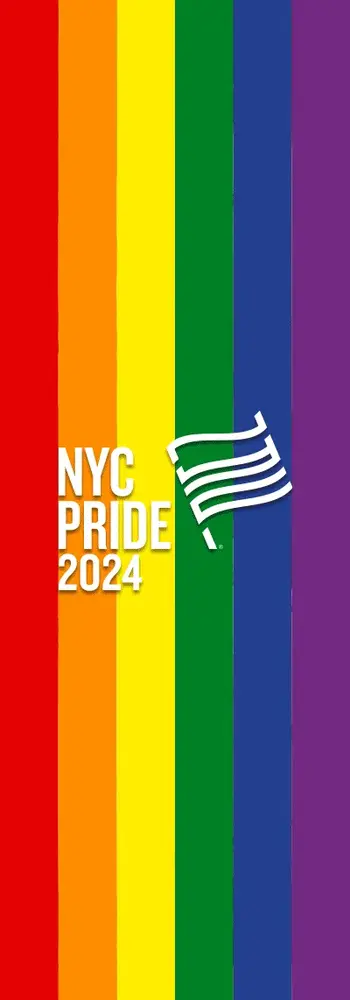
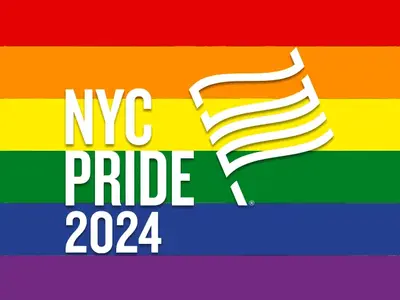



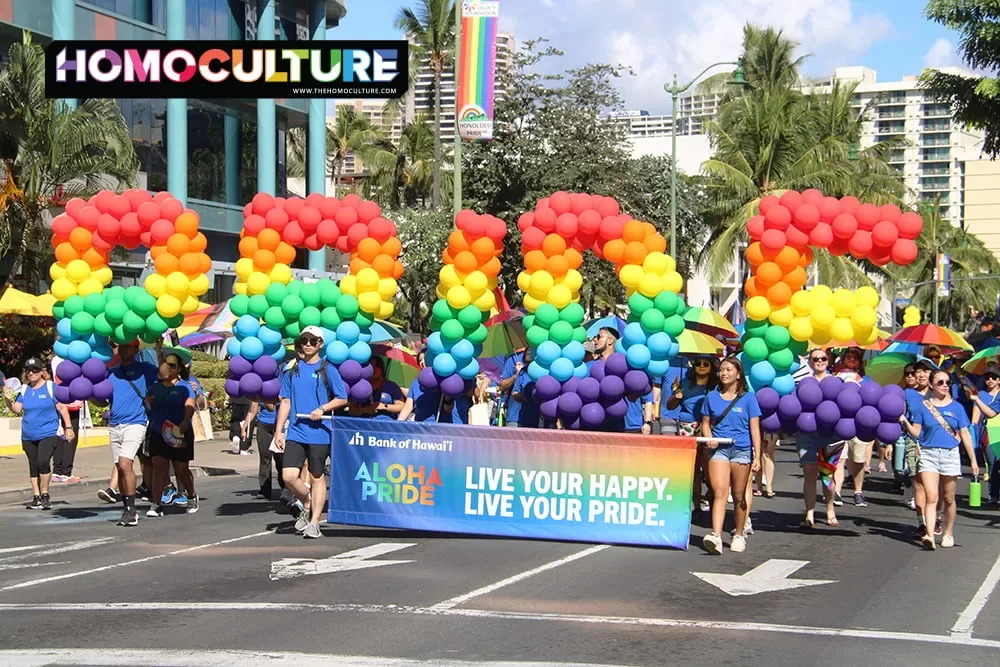
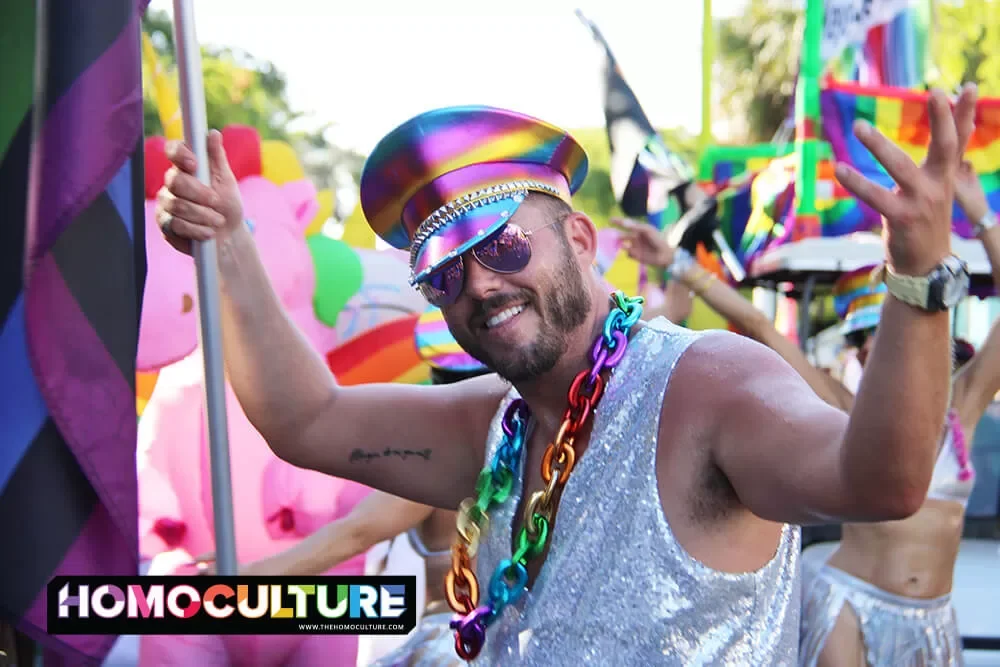
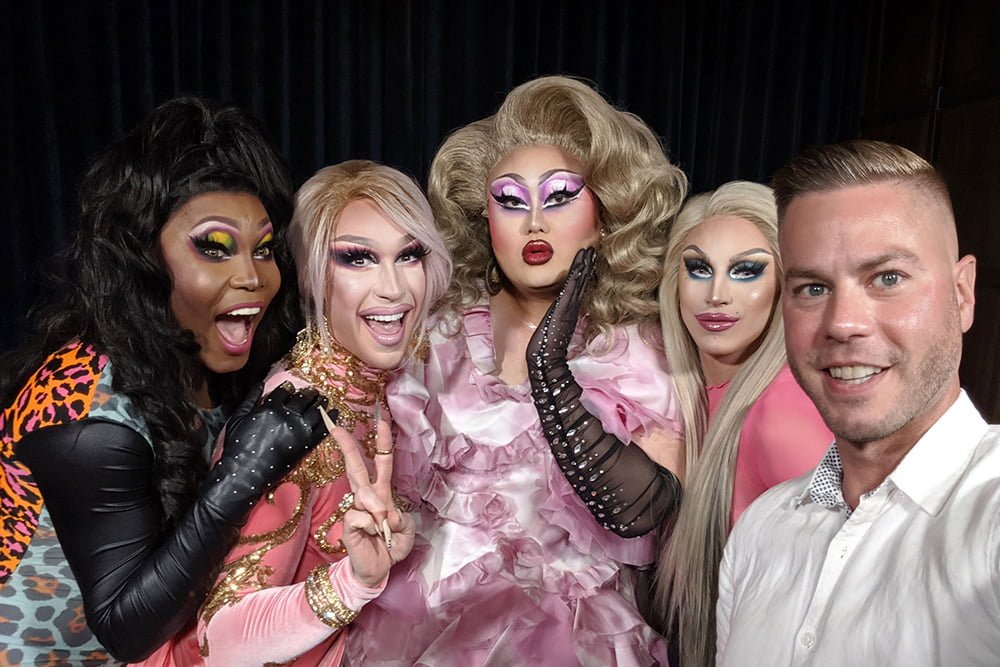
0 Comments